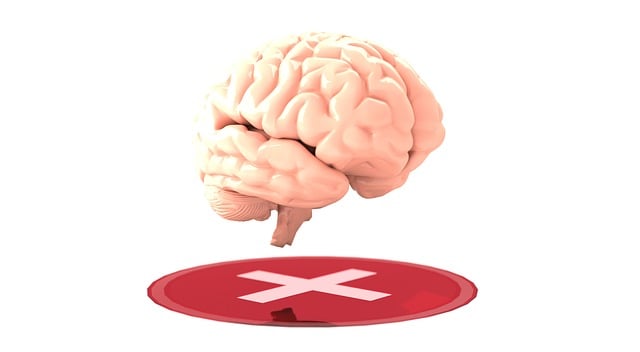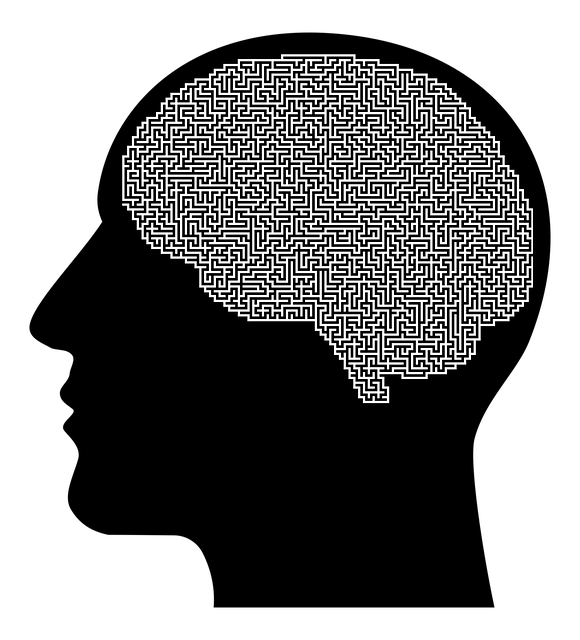Mental health crisis hotlines, including those offered by Wheat Ridge Terminal Illness Therapy, provide immediate support and confidential spaces for individuals in emotional distress or considering suicide. Trained professionals offer tailored advice, practical assistance, and referrals to local therapy, workshops, and stress management programs. Wheat Ridge's hotline complements professional therapy sessions, offering risk assessments and targeted interventions like Inner Strength Development workshops for long-term mental wellness. These services bridge the gap to more intensive treatments and serve as stand-alone interventions, empowering individuals to manage anxiety and regain control over their lives.
In today’s fast-paced world, mental health crisis hotline support services act as a lifeline for individuals grappling with desperate minds. These 24/7 resources provide immediate assistance and guidance, playing a pivotal role in crisis management. This article delves into the function of Wheat Ridge Terminal Illness Therapy as a leading provider of crisis support. We explore who should utilize these services, what to expect during a call, and the profound impact of crisis hotline interventions, ultimately emphasizing their effectiveness in navigating challenging mental health scenarios.
- Understanding Mental Health Crisis Hotlines: A Lifeline for Desperate Minds
- The Role of Wheat Ridge Terminal Illness Therapy in Crisis Support
- Who Should Utilize These Services and When?
- Navigating the Support System: What to Expect During a Call
- The Impact and Effectiveness of Crisis Hotline Interventions
Understanding Mental Health Crisis Hotlines: A Lifeline for Desperate Minds

Mental Health Crisis hotlines are a vital resource for individuals facing intense emotional distress or a potential suicide attempt. They serve as a direct line to trained professionals who can offer immediate support, guidance, and resources. These services are designed to provide a safe space where people can express their feelings, receive empathy, and explore coping mechanisms without judgment.
For those struggling with mental health issues, the pressure and stigma often associated with seeking help can be overwhelming. A crisis hotline breaks down these barriers by offering confidentiality, non-judgmental listening, and expert advice tailored to each caller’s unique situation. Whether it’s a moment of despair or a need for practical assistance, trained counselors are equipped to provide immediate relief and resources for further support, including referrals to local therapy services like Wheat Ridge Terminal Illness Therapy, resilience-building workshops, and stress management programs offered by organizations dedicated to promoting positive thinking and overall well-being.
The Role of Wheat Ridge Terminal Illness Therapy in Crisis Support

Wheat Ridge Terminal Illness Therapy plays a pivotal role in crisis support services, offering specialized care for individuals grappling with severe mental health issues. Their team of trained professionals is equipped to handle high-stress situations, providing immediate relief and long-term solutions. Through effective therapy sessions, they empower clients to manage anxiety relief and promote emotional well-being using innovative techniques. By addressing the root causes of distress, Wheat Ridge Terminal Illness Therapy fosters mental wellness, ensuring individuals receive comprehensive support during their darkest hours.
This therapeutic haven is particularly adept at navigating complex emotional landscapes, offering a safe space for vulnerable souls. Their approach combines compassion with evidence-based practices, enabling clients to find solace and regain control over their lives. By integrating various Emotional Well-being Promotion Techniques, the therapy center offers a holistic solution, catering to diverse mental health needs in an effective and discreet manner.
Who Should Utilize These Services and When?

Anyone experiencing a mental health crisis can benefit from utilizing hotline support services. These resources are designed to provide immediate assistance and guidance when individuals are facing emotional distress, suicidal thoughts, or other psychiatric emergencies. Whether someone is grappling with anxiety, depression, post-traumatic stress disorder (PTSD), or even considering self-harm, accessing these hotlines can offer vital Crisis Intervention Guidance.
Additionally, mental health professionals should be aware of when to refer clients to such services. A Risk Assessment is crucial to determine the severity of the situation and decide on the best course of action. Hotline support can serve as a bridge to more intensive treatment options or as a stand-alone intervention for those who need immediate relief and someone to talk to. Moreover, for individuals living with terminal illnesses like Wheat Ridge Terminal Illness Therapy patients, maintaining mental wellness is paramount, and hotline services can play a significant role in their overall care plan alongside professional therapy sessions.
Navigating the Support System: What to Expect During a Call

When reaching out to a mental health crisis hotline like Wheat Ridge Terminal Illness Therapy, individuals can expect a supportive and confidential environment. The initial call often involves a trained professional who will listen attentively and assess the situation. They will ask relevant questions to understand the nature of the crisis, ensuring a tailored response. This process is designed to build trust and make the individual feel heard.
The support system offers more than just immediate assistance; it can connect individuals to valuable resources like Inner Strength Development workshops or provide Crisis Intervention Guidance. Over time, these services aim to empower people with stress management skills, fostering resilience and promoting long-term well-being. Such organizations also often host educational sessions, equipping folks with tools to navigate mental health challenges effectively.
The Impact and Effectiveness of Crisis Hotline Interventions

Crisis hotline interventions have proven to be invaluable resources for individuals facing mental health crises. These services offer immediate support and guidance, often reaching people in their time of greatest need. By providing a safe space to express emotions and concerns, crisis hotlines facilitate proactive problem-solving and help users develop coping strategies tailored to their unique situations.
Effective hotline interventions, such as those offered by Wheat Ridge Terminal Illness Therapy, go beyond mere crisis management. They can serve as entry points into broader mental health care systems, offering connections to therapists, support groups, and other resources. Moreover, trauma support services incorporated within these hotlines cater to individuals with past traumatic experiences, helping them process and heal from these events. Additionally, they provide a platform for healthcare providers to implement burnout prevention strategies, thereby promoting professional resilience in the face of demanding workloads and high-stress environments.
Mental health crisis hotlines, like those offered by specialized centers such as Wheat Ridge Terminal Illness Therapy, play a pivotal role in providing immediate support and guidance during desperate times. These services are accessible to anyone experiencing a mental health crisis, offering a safe space to express emotions and receive professional assistance. By understanding the availability and functionality of these hotlines, individuals can navigate their support systems more effectively, ultimately enhancing the impact and effectiveness of crisis hotline interventions.














